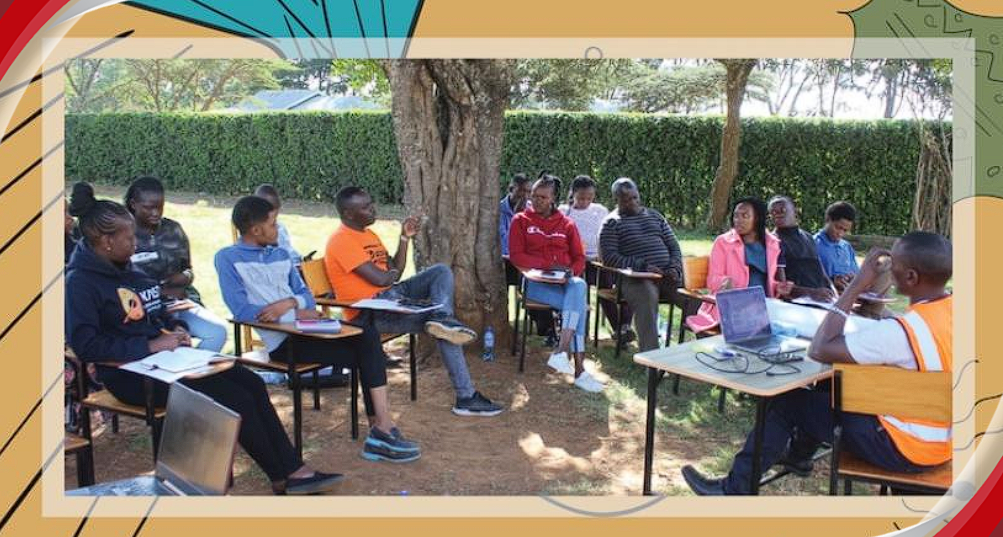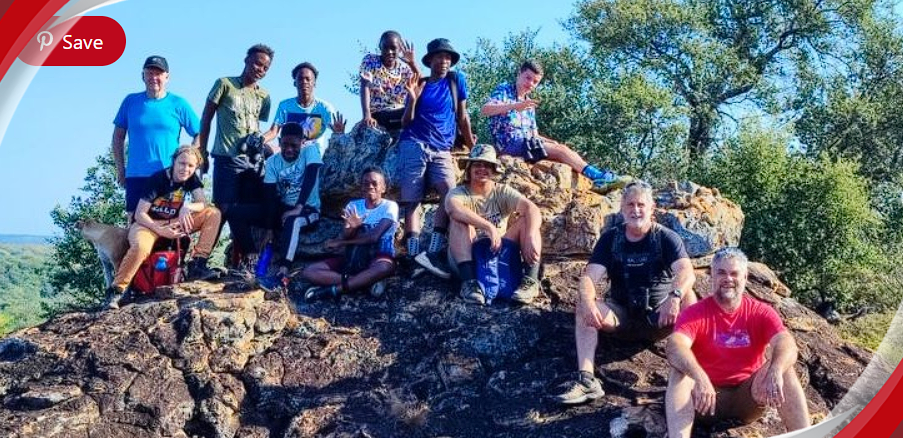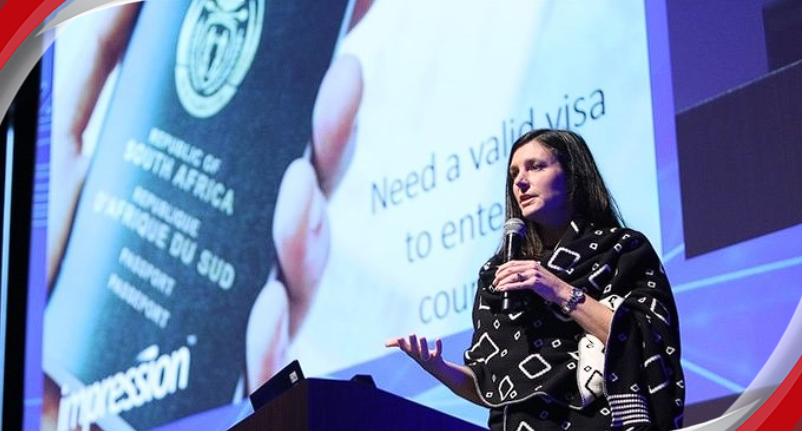Articles
Gender equality should be at the centre of the Global Digital Compact (GDC)
-
1 year ago
The Global Digital Compact (GDC) is a United Nations-led process that aims to formulate shared principles for “an open, free and secure digital future for all.” Expected to culminate next year, this high-level political document is a vital opportunity to respond to the evolving changes of our digital society. We need to build on the multistakeholder approach of other key processes like the Internet Governance Forum (IGF) as well as reinterpret the original digital vision set out at the World Summit on the Information Society (WSIS).
In his report to UNGA77 on the intensification of efforts to eliminate all forms of violence against women and girls, the UN Secretary General proposed a high level consultation on violence against women and girls in digital contexts to inform the Global Digital Compact. The GDC must adopt a human rights-based approach and recognise the differentiated impact that information and communications technologies (ICTs) have on women, girls and people of diverse genders and sexualities. Its principles should be infused with an intersectional feminist perspective to ensure that the ongoing digital transformation can usher in a gender-just world that is affirming to all individuals and their path to self-actualisation.
To this end, APC and several members and partners have jointly developed a set of 10 feminist principles for including gender in the GDC, drawing from a range of sources such as the Agreed Conclusions of the Commission on the Status of Women (CSW) 67; the conclusions of a UN Women & Equality Now consultation event at CSW; and a submission to the Global Digital Compact consultation by APC. These principles also draw on United Nations Human Rights Council (A/HRC) resolutions and the Convention on the Elimination of All Forms of Discrimination Against Women (CEDAW).
We also co-organised a closed event on 7th October on the heels of the IGF in Kyoto, Japan, called "Putting gender equality at the heart of the Global Digital Compact", which was a series of conversations between member states and civil society organisations on how to make gender a cross-cutting theme of the GDC. Convened by Association of Progressive Communications, UNFPA, Alliance for Universal Digital Rights, Equality Now, Pollicy, Derechos Digitales, UN Women, Digital Rights Foundation and World Wide Web Foundation, the event had two objectives:
To support civil society agreement upon the Principles for the Inclusion of Gender in the Global Digital Compact; and
To present and open for discussion the Principles for the Inclusion of Gender in the Global Digital Compact to representatives of Member States.
Here are the 10 feminist principles for including gender in the GDC:
Ensure concrete commitments to protect the digital rights of women and girls and marginalised groups
Guarantee freedom from technology-facilitated gender-based violence
Promote universal rights to freedom of expression, privacy, peaceful assembly, and participation of women and girls in all their diversity in all aspects of life
Ensure universal, affordable, accessible, and safe internet access for all
Demand strict action against harmful surveillance applications and high-risk AI systems
Expand women’s participation and leadership in the technology sector and digital policymaking
Prioritise strategies that reduce the environmental impact of new technologies
Implement measures for states and transnational corporations to ensure data privacy, governance, and consent
Adopt Equality-by-Design principles and a human-rights based approach throughout all phases of digital technology development
Set AI safeguards and standards to prevent discriminatory biases
At the pre-IGF event, Onica Makwakwa, executive director of Digital Inclusion Partnership in South Africa, commented that “the biggest challenge is that we still have a huge gender gap. For every three men online, there are only two women. So if we’re going to have a Global Digital Compact, it has to be intentional about being inclusive, and most particularly including women in it.”
Hyra Basit from Digital Rights Foundation in Pakistan was also emphatic about the need to be gender-inclusive. “Policies affect women more disproportionately but they are never taken into consideration when policies are being made and implemented. You need to get women into policy-making positions…this is the time to start thinking about it. If it wasn’t done before, now is the time to do it.”
Michelle Bordachar, legal and legislative advisor for National Cybersecurity Coordination at the Ministry of the Interior and Public Security of Chile, echoed the sentiment and said, "We need to have more women working in technology and to have women sitting at the decision-making tables. It is very difficult to find solutions to the problems that women suffer if it is not women who are making decisions, because they are the ones who finally know what is happening, they are the victims of this violence."
There are no universal rules for those who design, operate and profit from digital networks and services; nor is there an effective way to ensure that common standards designed to guide and protect our digital interactions are universally and equitably upheld. These feminist principles are to ensure that women’s voices are at the centre of the discussions and decision-making so that the GDC’s vision of our digital future reflects women’s diverse needs and ideas.
With negotiations between member states on the GDC starting soon, we must align all voices working on the gender and digital agenda so that we can inform governments about our expectations about what should be in the final agreement. The more of us who can align, the stronger our collective voice will be. You can support the feminist principles for including gender in the GDC by signing on here!
Related Articles Posts
Categories
Popular Post
-
 SA’s IT spend to outpace GDP growth 1 year ago
SA’s IT spend to outpace GDP growth 1 year ago -
 Vodacom, Netstar launch free in-taxi Wi-... 1 year ago
Vodacom, Netstar launch free in-taxi Wi-... 1 year ago -
 South Africa under pressure to fill cybe... 1 year ago
South Africa under pressure to fill cybe... 1 year ago -
 Organisations with a strong employee val... 1 year ago
Organisations with a strong employee val... 1 year ago -
 Joint policy-in-action event highlights... 1 year ago
Joint policy-in-action event highlights... 1 year ago -
 Boost your digital transformation journe... 1 year ago
Boost your digital transformation journe... 1 year ago








